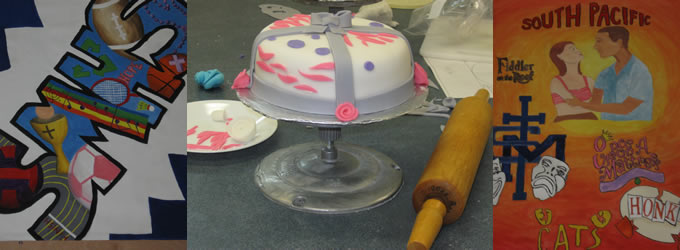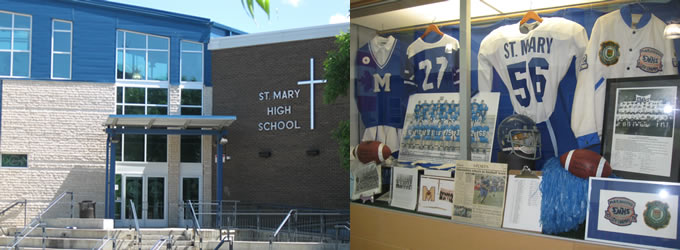-

"Don't bunt. Aim out of the ball park. Aim for the company of immortals." ~ David Ogilvy
-

"Be ready when opportunity comes. . . Luck is the time when preparation and opportunity meet." ~ Roy Chapin
-

-

"Formal education will make you a living; self-education will make you a fortune." ?~ Jim Rohn
"The only person who is educated is the one who has learned how to learn and change." ~ Carl Rogers
"It takes courage to grow up and become who you really are." ~ e.e. cummings
-

July 3, 2025
Resumes
What is a Resume?
A resume is a brief summary of your skills, educational background, work experience and volunteer experience. It is a self-promoting advertisement and is the first step to getting an interview for a job or program.
Uses of a Resume
- Include it in the application package (application form, cover letter, resume)
- Take a few with you to your scheduled interview so you are able to refer to it during certain questions
- Use it to assist you when applying for scholarships
- Use when when seeking admission to an educational program
- Use it to provide background information for your references
Types of Resumes
- Chronological – This is the most popular format and is best suited for young applicants. It lists the order of content from most recent to least recent and focuses on growth and achievements.
- Functional – This format focuses on skills and accomplishments outlining what you did, not when and where you did it.
- Combination – This format combines the two styles by listing relevant skills and accomplishments and then proceeding to describe employment and education histories.
Creating Your Resume
The most common headings on a resume are:
Objective – This portion indicates the purpose of the resume.
Skills –
Job Specific Skills – skills necessary to do a particular job (use of power tools, work processing, etc.)
Transferable Skills – skills that can be used in many different job settings (public speaking, solving problems, organization, etc.)
Self-Management Skills – part of a person’s temperament, personality or style,( e.g., interpersonal skills, honesty, sense of humor)
Education – Begin with the most recent school, including the name, date, and type of program; you may also include informal education as well, such as workshops, certificates, first aid, CPR training etc.
Work Experience – Begin with the most recent work, including the job title, name of business, dates of employment and duties
Volunteer Experience – Begin with the most recent, including the name of organization, dates of experience and duties
Awards and Accomplishments – Begin with the most recent and provide a brief description if necessary
Interests – This section should be short, listing no more than four interests you have outside of work.
References – Include three references; use a variety of references ranging from teachers, employers, personal reference (an adult who is a family friend), priest, coach, volunteer coordinator, etc.; be sure to include the name, title, address and phone number of each reference
General Tips
- Short – 1 or 2 pages maximium
- Easy to read – be specific and accurate; only relevant information; point form beginning with strong verbs
- Well organized -organize information under headings; bold/underline/italics; be consistent; bullets
- Attractive – white or light colored paper (no bright or colourful paper); use white space accordingly; make it clear and clean; keep it very neat
- Tailor your resume to highlight your skills, education and abilities for the job
- Don’t include a picture of yourself or personal information such as family history, nationality etc.
Microsoft Office Resume Templates to Download

